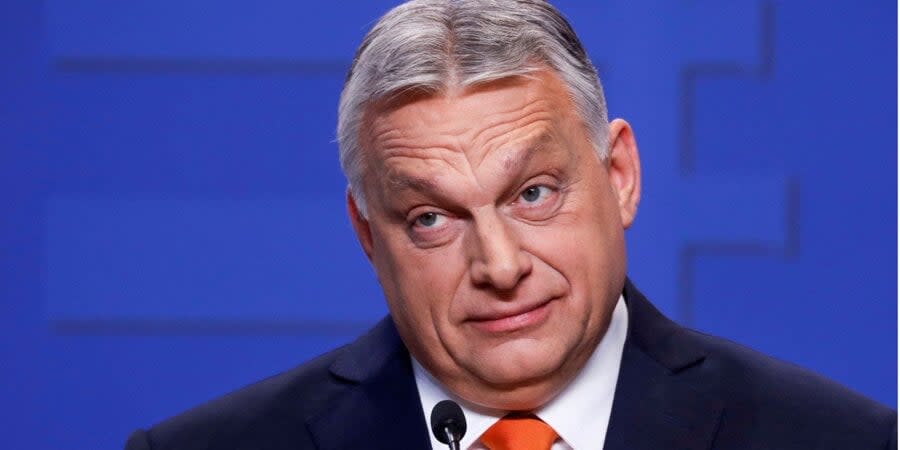Rosatom plans to speed up building nuclear plant in Hungary

“In principle, we’re proceeding according to the current contract, and the stage of switching to construction and entering the second phase has already been decided in advance, in our understanding,” he said.
Read also: Hungary to block sanctions against Russia's nuclear power industry, PM Orbán says
“If the customer asks us to speed up, we’ll speed up, we’ll work in the framework of the current contractual obligations, within those contractual obligations.”
Likhachev clarified that the first concrete at the NPP site could be poured “in a year,” i.e. in 2024.
In late January, Hungarian Foreign Minister Péter Szijjártó and Russian Deputy Prime Minister Aleksander Novak discussed the status of the Paks-2 NPP project by phone and “agreed to accelerate investments wherever possible,” the Hungarian minister said following the call.
Read also: Hungary to stick to veto of EU-Ukraine aid plan, says Orban
He once again emphasized that Hungary would not support any EU proposal “that would even slightly complicate or make Hungarian-Russian cooperation in the nuclear field impossible.”
In late August 2022, the Hungarian Atomic Energy Authority issued Rosatom a construction permit for the fifth and six reactors of the Paks-2 NPP.
Currently, four VVER-440-type reactors, with a total capacity of about 2 GW, are operating at the Paks NPP in Hungary, working on Soviet designs.
In 2009, the Hungarian parliament approved the construction of two new reactors for this plant, but the construction timeline was affected by a lengthy review by the European Commission.
The cost of the project is about EUR 12.5 billion ($13.4 billion). Rosatom signed contracts for the completion of the NPP in December 2014. In March of the same year, Russia and Hungary signed an agreement to provide a long-term loan of EUR 10 billion ($10.7 billion) for the plant’s construction.
In December 2022, Szijjártó said the sides were discussing another expansion for the plant.
Earlier on Feb. 5, Ukrainian President Volodymyr Zelenskyy enacted the decision of Ukraine’s National Security and Defense Council to impose sanctions against the Russian nuclear industry.
Read the original article on The New Voice of Ukraine

